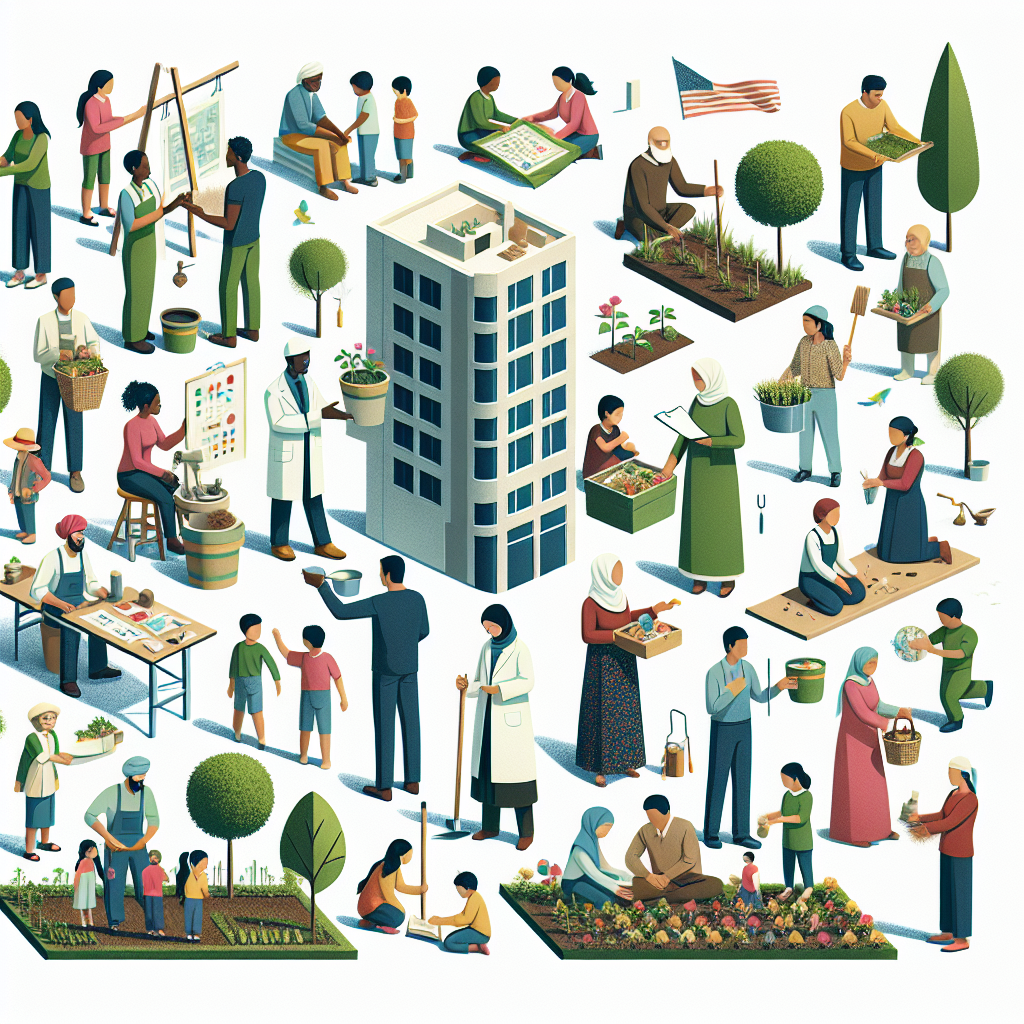
Because my thoughts shape my destiny, maintaining a positive mindset is crucial. A limited perspective can narrow our horizons. I can strive to become an excellent public speaker and author, and even pass exams to become a qualified professional. The only obstacle to reaching my goals is myself.
If I adopt a growth mindset, I can achieve anything. I believe in myself and know that hard work will help me reach my goals. However, a fixed mindset can hinder progress and make goals seem unattainable. In retrospect, the real embarrassment is not in failing to achieve our objectives, but in never attempting to reach them in the first place.
I aim for personal success, not only for my benefit but also to serve as an example to others. My failures and the lessons I learn can help future generations avoid similar mistakes. Some challenges seem unique to me, but countless others have faced similar obstacles and never documented their experiences, missing the chance to help others learn from their mistakes.
I want to preserve my thoughts as they are unique to this moment. My words have the potential to change my life and inspire others to adopt a more optimistic outlook. A positive mindset is fundamental to any endeavor; otherwise, obstacles will seem insurmountable.
Having a positive mindset means interpreting the world optimistically. While many viewpoints exist, we can either focus on negative interpretations or search for positive aspects. It’s not about ignoring the world’s problems but about finding opportunities within them.
The way we perceive our reality can greatly influence our happiness and success. Every neutral event offers an opportunity for growth and learning. Embracing these opportunities not only enriches our lives but also positively impacts those around us.
Cultivating a positive outlook can make you more approachable and inspire others. By recognizing the good in others, we can build stronger communities and encourage positive behavior.
People generally fall into two categories: those who seek out positivity and those who don't. Failing to look for the good in the world can limit your opportunities and impact your social interactions negatively. Sharing positivity can uplift someone struggling with a negative self-image.
Celebrating incremental progress towards a more optimistic mindset can reinforce positive thinking. Our brain is capable of forming habits, and frequent celebrations can help establish a pattern of positive thought. This, in turn, helps us treat ourselves with kindness and respect.
At times, it may be difficult to steer our thoughts away from negativity. However, daily positive thinking, exercise, and focused efforts can significantly improve our lives. Whether at work or in our personal lives, constant improvement is the key to success.
The journey towards a positive mindset is a choice. Incremental improvement can lead to significant growth over time. Constructive feedback and a strong belief in personal development can make you unstoppable.
Negative thinking not only distracts us from our goals but also consumes valuable time. Replacing such thoughts with constructive activities can bring peace and focus. Although negative thoughts can serve as alerts, they become unproductive if they don't inspire action.
Breaking old habits and establishing new, positive ones is an ongoing process. Setting achievable goals can provide a roadmap for success, boosting self-confidence and mental well-being.
Sticking to a negative mindset has several drawbacks, affecting both personal and professional life. Bad moods influence our decision-making, hindering long-term success. While pain can be an effective teacher, technology can be a valuable tool, provided we use it wisely.
Motivation goes beyond just feeling good. Connecting positivity to our core values and beliefs compels us to overcome challenges and achieve our goals.
In conclusion, positivity may not solve all problems, but it equips us to face life's challenges effectively. Transitioning from a fixed to a growth mindset, developed through experiences and challenges, helps create a fulfilling life.



